Poor Ovarian Response Unit
The number and quality of oocytes decreases with age, which is why there are more difficulties for natural conception, and sometimes conventional assisted reproduction techniques fail. The Low Ovarian Reserve unit at Instituto Bernabeu designs innovative diagnostic and treatment techniques shared in this section.

Fertility Treatment Medication
There are many drugs that are used when a couple undergoes a fertility treatment (IVF, insemination, egg donation, etc.). Some are very simple to use and have virtually no side effects and others are more […]
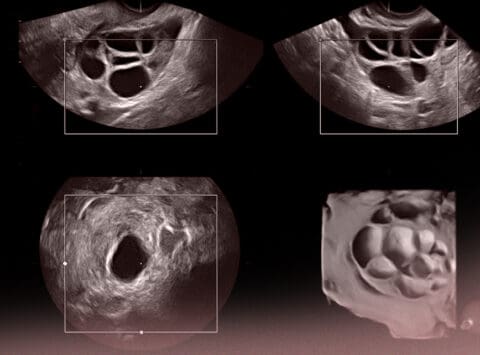
As is the case with all the organs in our bodies, over our lifetime, ovaries go through changes that affect not only their size but also how they perform. The ovaries are situated between the uterus […]
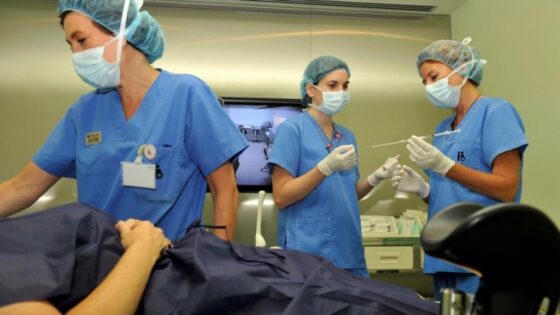
Low ovarian reserve: advance in genetics
Ovarian stimulation is a key step for the success of Assisted Reproductive Technologies. In daily clinical practice, we observe that ovarian response can vary considerably among women. Within this variation, a low responder is defined […]
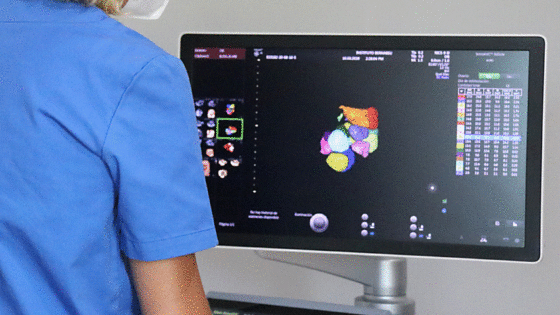
Accumulation of oocytes in patients with a low response
The number of oocytes retrieved is a key prognostic factor in In Vitro Fertilisation (IVF) treatments. Chances are greater the greater the number of retrieved oocytes is, until the moment when 6 to 8 oocytes […]
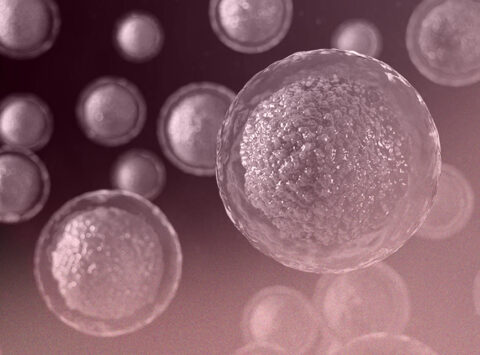
Anti-Müllerian Hormone (AMH): Know the age of your ovary
What is Anti-Müllerian hormone? It is a protein that plays a key role in sexual differentiation during the foetal stage. In males, it is produced by a specific type of testicular cell (Sertoli cells). In […]
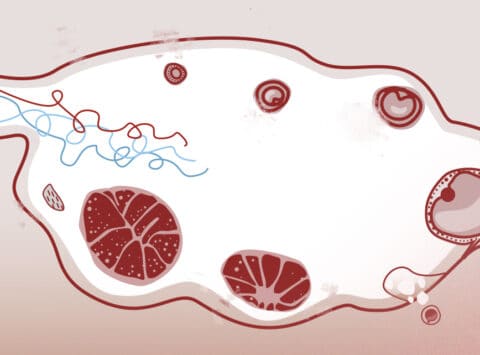
What are ovarian follicles? Number, growth and other characteristics
What are ovarian follicles? To start with, let’s state what follicles are not. Follicles are not oocytes (eggs). Many patients confuse these terms, believing that follicle equals oocyte. The female gamete is the egg, and […]
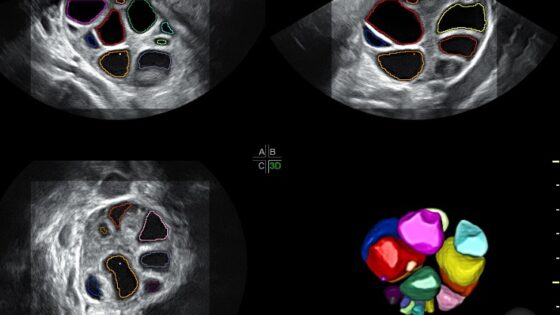
What is ovarian reserve? What role does it play in fertility?
What is ovarian reserve? Ovarian reserve can be defined as the number of ova in a woman’s ovaries at any given point during her childbearing years. In the case of men, spermatozoa production remains constant […]

Genetics in premature ovarian failure and menopause
Oocytes are the female gametes, cells that, upon being fertilised by the sperm, will produce an embryo. In humans, the number of oocytes that females have throughout their lives is not unlimited; they are born […]
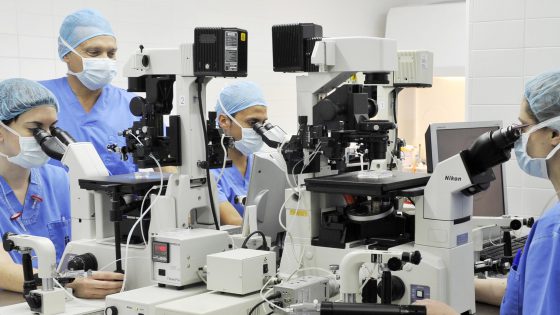
Choosing a fertilisation technique when oocyte counts are poor. IVF or ICSI?
A low ovarian response is an increasingly common situation for clinicians. It is mainly associated with delayed motherhood and, accordingly, with lower ovarian reserves. In this type of patients, the number of oocytes retrieved after […]

A father’s age and its impact on the health of his children
Anyone who works in the field of fertility puts a great deal of time and effort into working out how to improve pregnancy rates. However, significantly less time is spent thinking about the period that follows gestation […]
